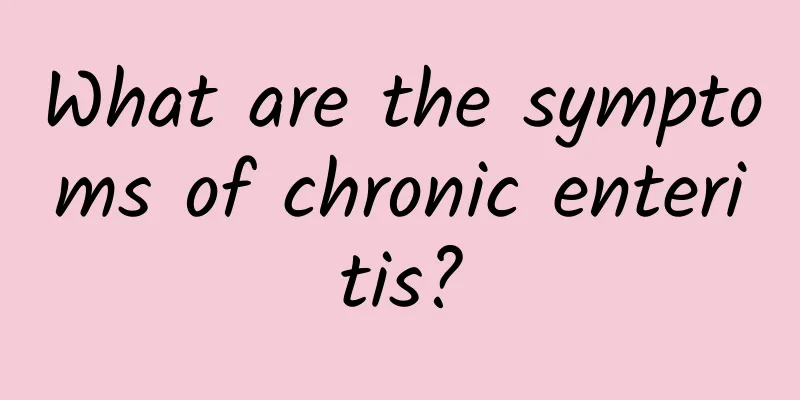What is herpes? How to treat herpes

|
Herpes is a very common skin disease. Generally speaking, when people find out that they have herpes, they are also very concerned about the relevant common sense of herpes. So, what is herpes? How to treat herpes? What is herpes? Herpes is a type of rash that manifests as localized, raised, fluid-filled lacunar skin lesions. The blister walls are generally thin and easily broken, and can occur singly, in clusters, or scattered on the skin and mucous membranes throughout the body. Herpes in a broad sense refers to diseases caused by viruses of the herpesviridae family. Currently, there are eight viruses in the herpesviridae family (herpes simplex virus types 1 and 2, varicella-zoster virus, human cytomegalovirus, Epstein-Barr virus and human herpes virus types 6, 7, and 8) that are known to cause human diseases. These viruses are collectively referred to as human herpesviruses (HHVs). HHV is a group of medium-sized enveloped DNA viruses that can cause a variety of diseases in humans and can remain latent in the body for a long time, causing recurrent infection under certain conditions. Common clinical diseases include chickenpox, shingles, herpes simplex, and genital herpes. It can invade multiple organs of the human body and can occur at any age. How is herpes treated? 1. General treatment Get enough rest, eat easily digestible food, and stay hydrated. Strengthen care, keep skin clean and prevent secondary bacterial infection. Clothes, bedding, towels, dressings, etc. that have come into contact with herpes fluid should be disinfected promptly and not shared with healthy people. Patients with herpetic gingivostomatitis should keep their mouths clean and gargle with 1:1000 benzalkonium bromide solution. Patients with genital herpes should avoid sexual intercourse during treatment. 2. Symptomatic treatment For itchy skin without ulceration, calamine lotion can be applied, and antibiotic ointment can be applied after the herpes ruptures. Patients with obvious pain from herpes zoster should be given analgesics such as indomethacin, and vitamin B1 and B12 can be taken orally or intramuscularly. In case of secondary infection, 0.5% neomycin cream or mupirocin ointment can be used externally. 3. Antiviral treatment Nucleoside drugs are currently considered to be the most effective drugs against HSV. Acyclovir, valacyclovir or famciclovir can be taken orally. Acyclovir ointment, penciclovir cream, etc. can be applied externally to the skin lesions. |
<<: Causes of cervical cysts, symptoms of cervical cysts
>>: How to treat oral herpes? It can be treated from both local and systemic aspects
Recommend
What to do if kidney stones cause severe pain
Stones, also known as stone disease, are a very s...
Difference Between Rheumatism and Rheumatoid
As we all know, among all arthritis diseases, rhe...
Symptoms of Myocardial Infarction
There are many types of diseases, so different di...
What groups of people are suitable for Panax notoginseng powder?
Panax notoginseng powder is a traditional Chinese...
What should I do if my lumbar vertebrae are herniated and compressing my nerves and my legs hurt?
Lumbar vertebra herniation is a common lumbar dis...
Why does the baby stand on tiptoes?
As the baby grows and develops, he or she will gr...
Chinese patent medicine for spleen deficiency, liver and gallbladder dampness and heat
Nowadays, many people have very poor physical con...
Precautions for sepsis in the elderly
The main cause of sepsis is that the body is infe...
What causes lower back pain after walking?
Why do many people experience lower back pain whe...
Why does my chest hurt when I swallow?
Since ancient times, food has been the most impor...
Can I eat American ginseng after surgery? Who is not suitable to eat it?
The nourishing effect of American ginseng is very...
Causes of small blood spots on the body
Many people find that there are many small blood ...
Foods that grow endometrium?
The uterus is very important for women. If there ...
Brown discharge on underwear during late pregnancy
In the late pregnancy, you may find some brown se...
Can realgar treat herpes zoster? How to use it effectively
Shingles is a very common skin disease in life. G...









